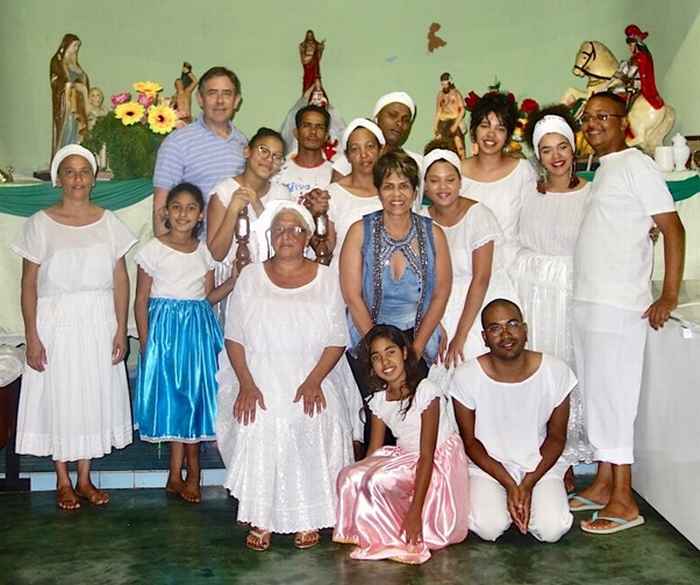(Re)defining Esotericism
Fluid Definitions, Property Clusters and the Cross-cultural Debate
- Date
- 14 April 2025
- Time
- 15:00 -16:30
- Location
- University Library
- Room
- Doelenzaal

Defining 'esotericism' requires clarity about the very nature of 'definition.' Many scholars use rigid definitions, which specify necessary and sufficient conditions. A more productive alternative is a fluid approach, exemplified by Wittgenstein’s concept of family resemblance. Fluid definitions clarify meanings pragmatically.
Faivre’s influential definition was originally rigid (requiring all four core criteria ), making it vulnerable to counterexamples. Other scholars interpreted his model less rigidly, a view Faivre later adopted himself. A fluid definitional approach emphasizes defining 'esotericism' as a pragmatic task rather than a search for fixed, essentialist truths. A fluid definitional framework emphasizes that defining ‘esotericism’ should not be about discovering a supposed fixed essence but about clarifying and facilitating scholarly dialogue on complex, historically shifting cultural categories.
This talk introduces a stable property cluster definition, drawing from philosophy of science and debates in religious studies. Unlike purely polythetic definitions—which risk arbitrary or unlimited variation—stable property clusters offer an account of just why it is that certain criteria cluster together historically and culturally. This spells out the rationale behind definitional criteria without resorting to rigid essentialism.
Such a less essentialist and culturally bounded definitional model is particularly useful for exploring how ‘esotericism’ intersects semantically and historically with related concepts in diverse linguistic and cultural contexts. This strategy holds promise for debates over whether and how 'esotericism' is a useful category beyond western European traditions.
Related open-access article: Engler & Gardiner, “The Semantics of Afro-Brazilian Spirits” Religious Studies https://is.gd/p6Rprv